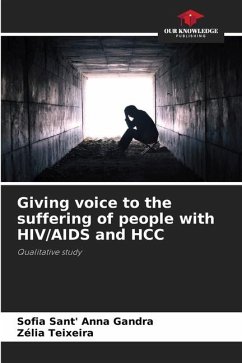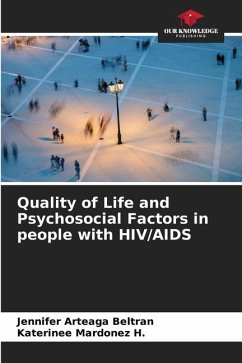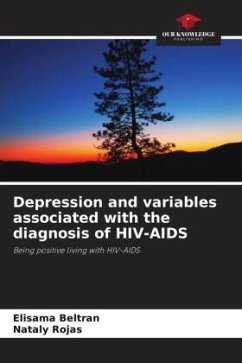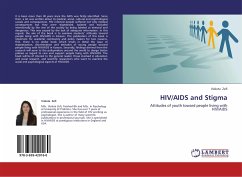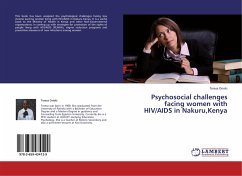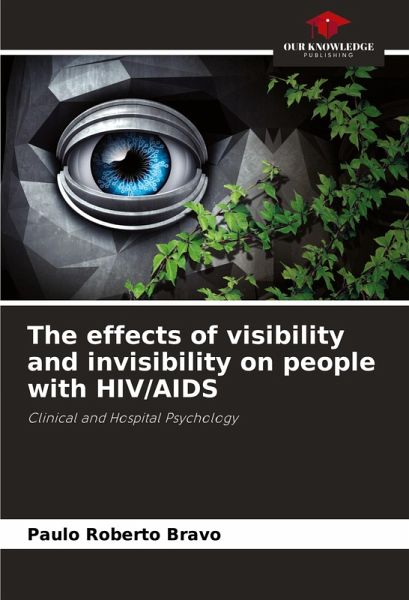
The effects of visibility and invisibility on people with HIV/AIDS
Clinical and Hospital Psychology
Versandkostenfrei!
Versandfertig in 6-10 Tagen
41,99 €
inkl. MwSt.

PAYBACK Punkte
21 °P sammeln!
Given the importance of adherence to treatment for survival, and considering the stigma associated with the condition of people living with HIV/AIDS compromises not only their quality of life, but also the quality of health care. The general aim of this research was to analyze the effects of the subjective processes of visibility and invisibility on HIV-positive people. The methodology was a qualitative investigation using individual semi-structured interviews and focus groups in two segments: a public health institution and an NGO. The results show that the subjective effects of HIV/AIDS visi...
Given the importance of adherence to treatment for survival, and considering the stigma associated with the condition of people living with HIV/AIDS compromises not only their quality of life, but also the quality of health care. The general aim of this research was to analyze the effects of the subjective processes of visibility and invisibility on HIV-positive people. The methodology was a qualitative investigation using individual semi-structured interviews and focus groups in two segments: a public health institution and an NGO. The results show that the subjective effects of HIV/AIDS visibility/invisibility compromise treatment, adherence and patients' way of life. It is necessary to qualify care by taking into account the subjective aspects, both individual and social, associated with living with HIV/AIDS. It is hoped that this study will help raise awareness among public authorities and psychology professionals of the importance of their participation in the care process, in order to guarantee an improvement in the quality of life of people living with HIV/AIDS.





